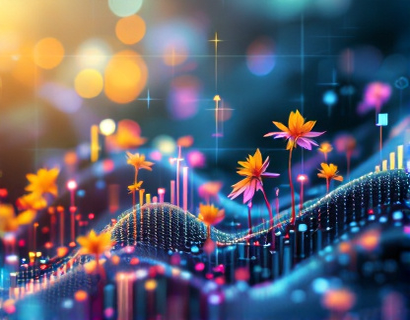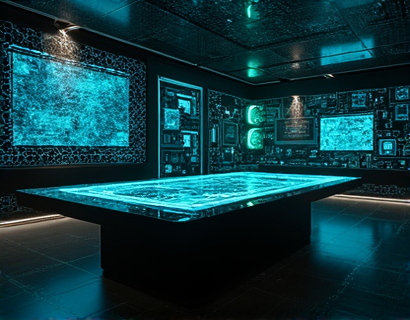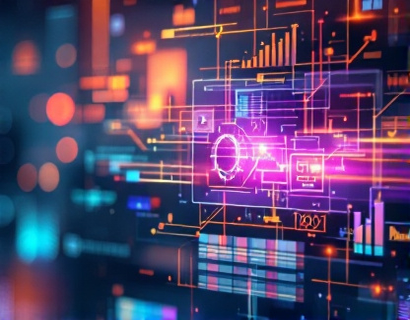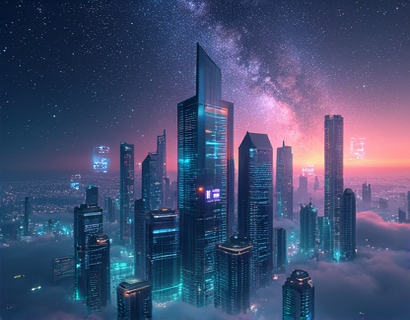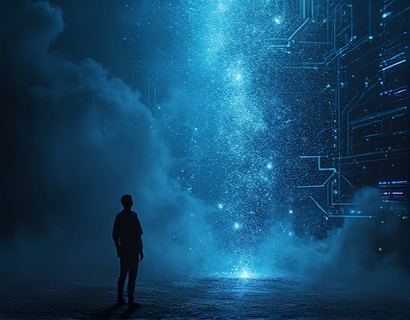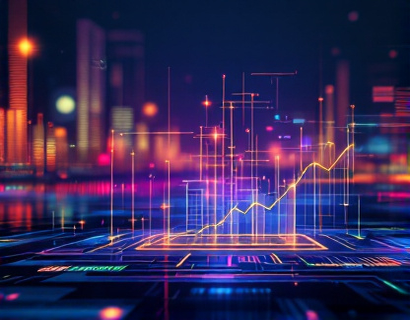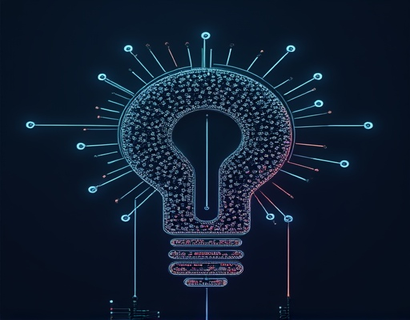Unlocking Musical Innovation: Harnessing AI for Advanced Composition and Production
The music industry is on the cusp of a revolutionary transformation, driven by the integration of artificial intelligence (AI) into composition and production processes. This technological advancement is not merely an incremental step but a paradigm shift that promises to redefine creativity, efficiency, and sound quality in music creation. By leveraging AI, musicians and producers can unlock new dimensions of artistic expression, streamline their workflows, and achieve professional-grade results with unprecedented ease.
AI in Music Composition: A New Creative Frontier
AI technology has made significant strides in understanding and generating musical patterns, harmonies, and even entire compositions. These systems analyze vast datasets of musical works, identifying underlying structures and trends that human composers might overlook. The result is an AI that can suggest novel melodic ideas, chord progressions, and rhythmic patterns, serving as a collaborative partner in the creative process. This synergy between human intuition and machine learning algorithms opens up a world of possibilities for artists seeking to push the boundaries of their craft.
Enhanced Creativity Through Intelligent Tools
The integration of AI in music creation tools empowers artists to explore new creative avenues. For instance, AI-driven composition assistants can generate initial drafts of a piece, allowing the human composer to focus on refining and personalizing the material. These tools can also suggest alternative arrangements, helping artists break out of creative ruts and discover fresh perspectives. The intuitive interfaces of these AI-powered applications make it accessible for both seasoned professionals and emerging talents to harness these advanced capabilities.
Streamlined Production Processes
Beyond composition, AI is revolutionizing the production phase of music creation. AI algorithms can automate tedious tasks such as mixing and mastering, ensuring that tracks sound polished and professional without the need for extensive manual intervention. This not only saves time but also allows producers to experiment with different sonic landscapes, enhancing the overall quality and diversity of their work. AI-assisted tools can analyze the acoustic properties of recordings, applying optimal adjustments to achieve the desired sound, thus elevating the production standards effortlessly.
Personalized Sound Design and Quality Enhancement
One of the most exciting aspects of AI in music production is its ability to tailor sound design to the specific needs of a project. AI algorithms can analyze the emotional tone and intended impact of a piece, suggesting custom soundscapes and effects that align perfectly with the artist's vision. Additionally, AI can perform precise audio enhancements, such as noise reduction, equalization, and dynamic processing, ensuring that every element of the mix contributes to the overall cohesion and impact of the music.
Collaboration and Accessibility
The democratizing effect of AI in music creation cannot be overstated. With these advanced tools, artists from diverse backgrounds and skill levels can collaborate more effectively, regardless of geographical barriers. AI facilitates real-time collaboration, allowing multiple contributors to work on a project simultaneously, each bringing their unique perspective and expertise. This collaborative environment fosters innovation and creativity, as artists can build upon each other's ideas in real-time, leading to more dynamic and rich musical compositions.
Empowering Emerging Creators
For emerging musicians and producers, AI-driven music creation software serves as an invaluable resource. These tools lower the barrier to entry, enabling newcomers to produce high-quality music without the need for expensive equipment or extensive training. The intuitive nature of AI-assisted composition and production tools means that even those with limited musical background can create professional-sounding tracks. This accessibility is crucial in nurturing the next generation of musical talent, providing them with the tools to express their creativity and reach a global audience.
Preserving Artistic Integrity
While AI offers numerous benefits, it is essential to address concerns about the potential loss of artistic authenticity. The key lies in viewing AI as a tool rather than a replacement for human creativity. AI can augment the creative process, offering suggestions and automating tasks, but the emotional depth and personal touch that define great music come from the artist's vision and execution. By embracing AI as a collaborative partner, musicians can enhance their work without compromising their unique artistic voice.
Future Prospects and Challenges
The future of music creation with AI is bright, but it also presents challenges that the industry must address. One significant challenge is ensuring the ethical use of AI, particularly in terms of copyright and intellectual property. As AI-generated content becomes more prevalent, clear guidelines and regulations will be necessary to protect the rights of all parties involved. Additionally, there is a need for continuous innovation to keep pace with evolving musical trends and technological advancements, ensuring that AI tools remain relevant and effective.
Conclusion
The integration of AI into music composition and production represents a transformative shift, offering unprecedented opportunities for creativity, efficiency, and sound quality. By harnessing the power of AI, musicians and producers can unlock new creative potentials, streamline their workflows, and produce music that resonates with audiences worldwide. As the technology continues to evolve, the music industry stands to benefit from a new era of innovation, where the boundaries of artistic expression are continually pushed and expanded.





